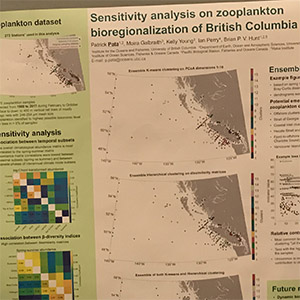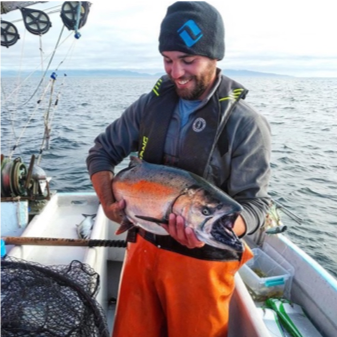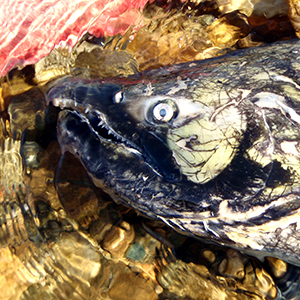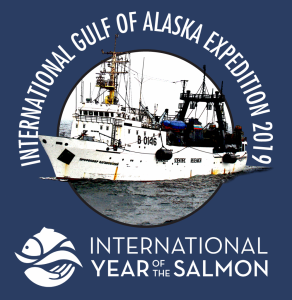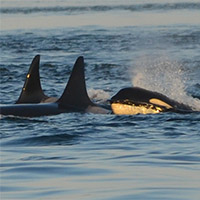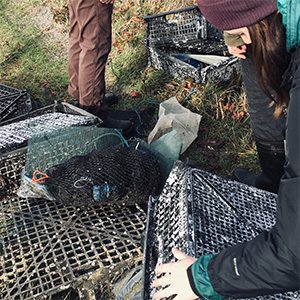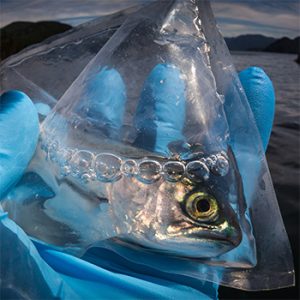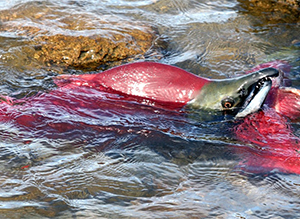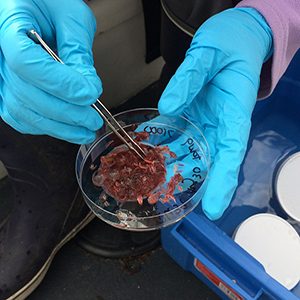Ph.D. student Patrick Pata wins at PICES
He won best poster for his poster entitled “Sensitivity analysis on zooplankton bioregionalization of British Columbia.”
Studying the Spring salmon to help protect BC ecosystems
Chinook, also known as Spring salmon, stocks in have been in decline, which has implications for entire BC marine food web
New viruses discovered in endangered wild Pacific salmon populations
All three are related to viruses that cause serious disease in other species.
Rashid Sumaila wins Murray A. Newman Research Award
Sponsored by Ocean Wise®, the award recognizes significant, field-leading contributions in ocean research.
International Gulf of Alaska Expedition
The IOF has two faculty members on board this international salmon research voyage to the Gulf of Alaska
Protecting Canada’s endangered whales through scientific research and collaboration
Dr. Andrew Trites will receive $1 million over five years for research on Southern Resident Killer Whales
How much microplastic is there in the BC marine food web?
Researchers are concerned with the amount of microplastics consumed by zooplankton and herring, which are foundational species in BC’s regional marine food webs.
Super Salmon Science
Hakai Institute’s Juvenile Salmon Program investigates factors affecting juvenile salmon across the Discovery Islands and Johnstone Strait.
Adams River Sockeye Trip
Every four years this river sees a large run of sockeye salmon and a group of IOF participants were lucky enough to witness this event
Hakai Coastal Initiative’s Marine Food Webs Working Group
This collaborative research unit aims to understand how marine food webs operate, with a particular focus on British Columbia’s coastal ocean.
